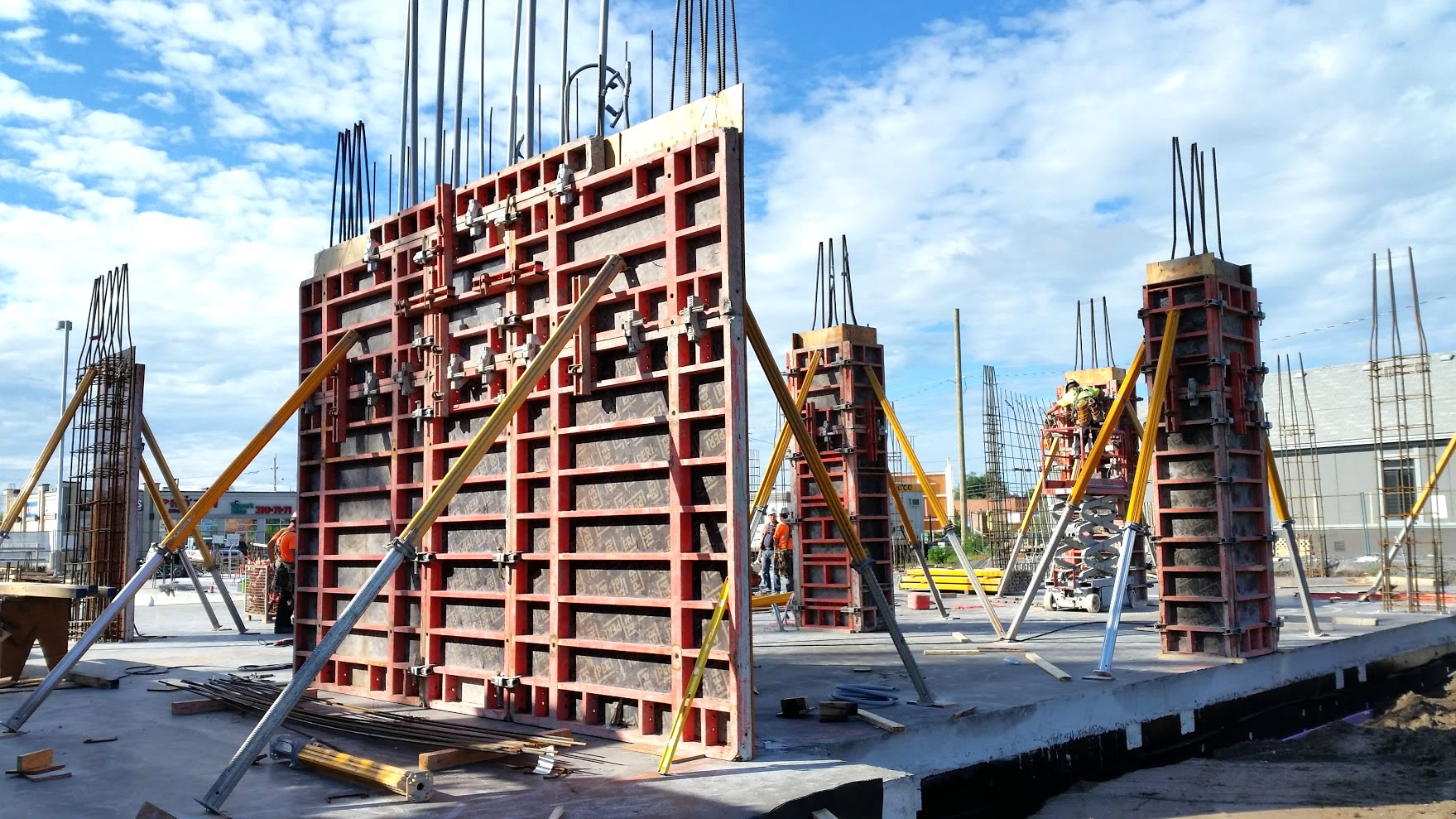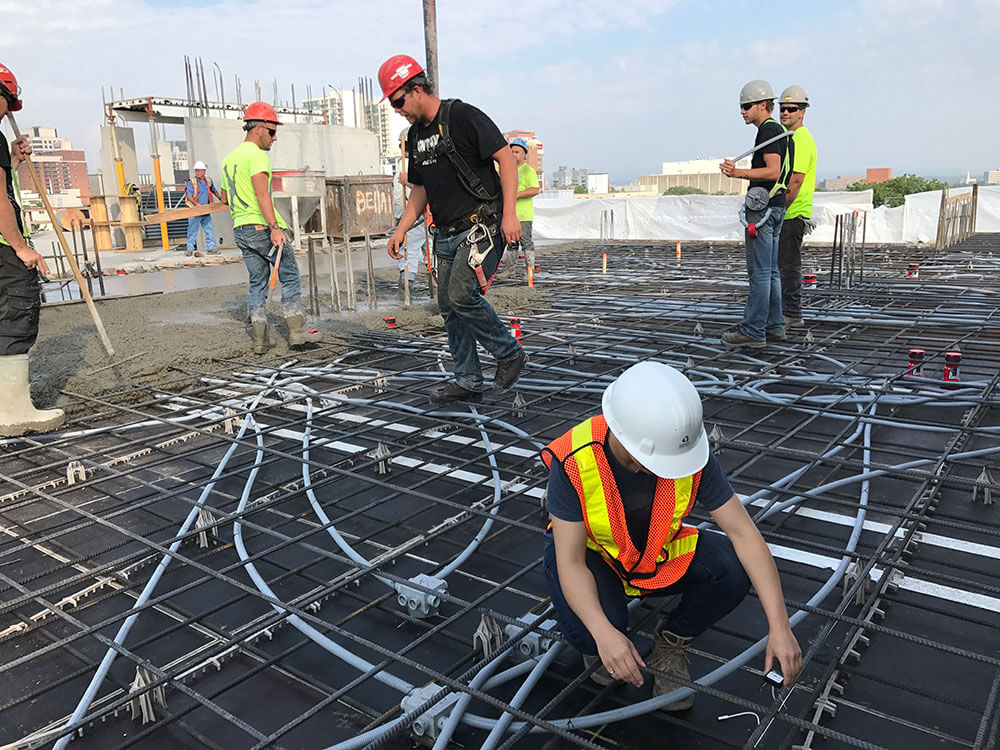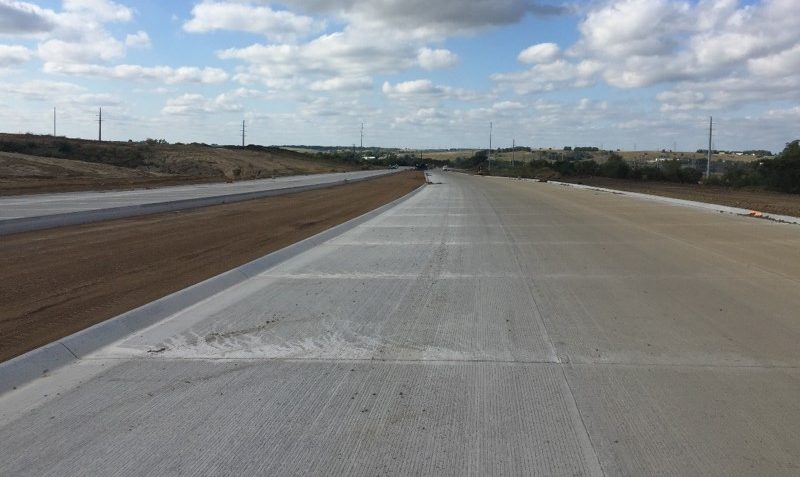Another bridge in America has been deemed as deficient, which sadly comes as no shock to anyone well-educated on the current state of America’s infrastructure. The Rouge River bridge, a part of Detroit’s major trans-way the 1-75 was last inspected in 2013 and will not be repaired until 2017, still two years away even though it has clearly been marked as a hazard. The deck surface of the bridge is slowly deteriorating and will cost at least $80 million to repair. The city of Detroit has been suffering relentlessly in terms of their economy, thus it comes as no surprise to see the city’s infrastructure experiencing drawbacks as well. Diane Cross, a spokeswoman for Michigan’s Department of Transportation has publicly stated that a bill to repair the damages sooner is attempting to be passed but only the words possible and maybe can be used at this time.
Explore 12 Futuristic Technology Trends Solving Concrete's Biggest Challenges.
Infrastructure in Detroit has been notoriously suffering in all aspects of their economy since the 1970s when manufacturing jobs began immigrating to other countries after the impact of globalization. A city that used to host over 300,000 manufacturing jobs now only has 25,000. Beautiful Victorian homes that were once architectural masterpieces are now abandoned by families who can no longer afford to pay property tax and amenities bills. Some suburban streets display lived in homes, directly beside homes that have be burnt down to scare away those unfortunate enough to be homeless.
The citizens of Detroit have become so frustrated but the state of the cit’s infrastructure, that it has become imperative to establish a system to sort through the various complaints. Mayor Mike Duggan is set to unveil a mobile application called “Improve Detroit”. The application is meant to help citizens file their complaints for effectively and gather enough data in order to respond appropriately. Residents will be able to report more than just corroding infrastructure, such as potholes and traffic malfunctions. Although the intentions of the Majyor Duggan are clearly for the benefit of the city, it is a sad time when a solution such as this needs to be implemented in the first place. Hopefully small initiatives such as this can help Detroit rebuild its city and somehow restore the economy to the best of its ability.
At Giatec we are happy to see smart technology being used to solve this issue and we hope devices such as ours to promote sustainability in concrete will be used in the future repair and rehabilitation of America’s once booming city.








